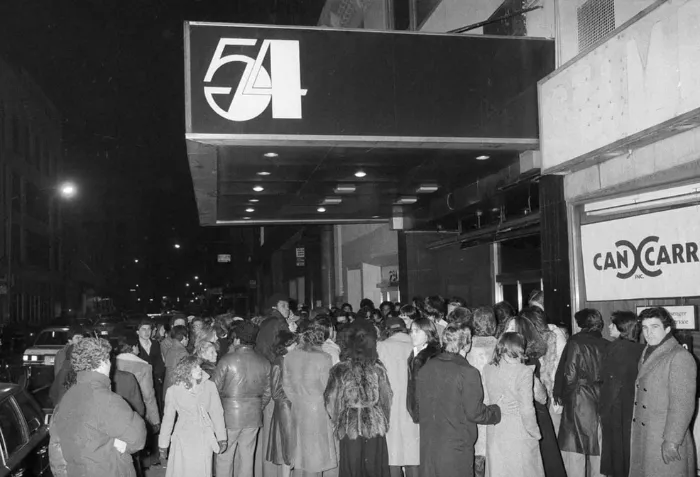Do Acceptance Rates Matter?

Ever heard of Studio 54?
You probably have. It was a very popular nightclub in New York City in the 1970s.
It was the place to be for the most elite celebrities from around the world. And not just entertainers. Politicians, authors, journalists. Anyone who had a high profile in their respective field went there. Cher, Andy Warhol, Elton John, Mick Jagger, Freddie Mercury; you name it.
It was notoriously difficult to get into this club. You had to be famous, or know someone, or owe someone, or you had to really stand out while you were standing in line so that the people at the door wanted you in their club.
Starting to sound familiar?
Colleges are no different. And many of them pride themselves on their acceptance rate.
The acceptance rate is:
NUMBER OF APPLICATIONS divided by NUMBER OF APPLICATIONS (STUDENTS) ACCEPTED.
Studio 54 had a very low acceptance rate. Less than one out of ten people who wanted to get in were admitted.
Some of these schools are worse. And by "worse" I mean that they have very low acceptance rates. These are 2022 Fall acceptance rates as reported by US News.
California Institute of Technology, 3%
Harvard University, 3%
Columbia University, 4%
Massachusetts Institute of Technology, 4%
Stanford University, 4%
Brown University, 5%
Curtis Institute of Music, 5%
University of Chicago, 5%
Yale University, 5%
Dartmouth College, 6%
Tough. As you can see, there were better odds of getting to party with David Bowie back then, than getting admitted to one of these schools today.
Strange when it's put that way, but it's true.
Dont Fall For It
There is a trend among many high-achieving high-school seniors to get accepted into a school that has a low acceptance rate. Or to take it even further, they try to get accepted by as many low-acceptance rate schools as possible.
They do this for bragging rights, and for a sense of accomplishment.
In most cases, this is just silly.
For starters, it costs money to submit a college application. For example, the application fee for Harvard is $85. That's a fairly standard amount. Multiply that by how many schools and it can really add up.
Next, let's not lose sight of the goal of applying to colleges that fit what you/the student want to study. If you really want to study social sciences, and you know that the University of Oregon would be an ideal school to attend for that; don't let their 93% acceptance rate get in the way of applying. It's important to put that metric aside and focus, and be proud, on wanting to attend a school that is right for you.
The only time the acceptance rate would really matter would be if you have a specific career path and you know that the graduate school that you will eventually be applying to will care about it. For example, if you know that you want to be an investment banker at a top bank in New York City, then you will likely apply to Wharton for an MBA. Well, schools like Wharton do look closely at where you earned your undergraduate degree. The acceptance rate is a part of what they look for because they can afford to be very selective because of the demand for their open spots.
In summary, don't get too caught up in acceptance rates. Just focus on the right school for you. Even that can be a tough process, so make it easy and put less weight on the acceptance rate.
Thoughts? Comments? Please share them here.